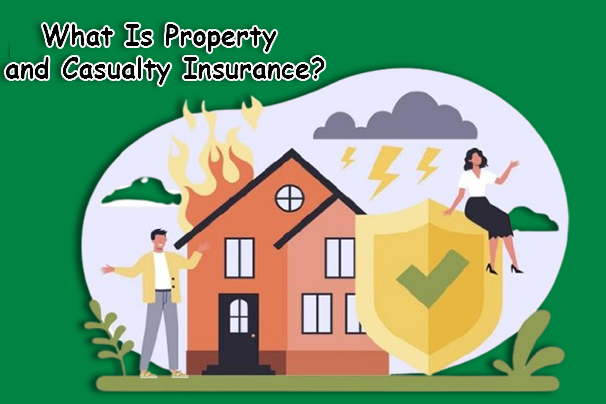People tend to purchase life insurance, auto insurance, and home insurance policies rather than property and casualty insurance. This is because they have little or no idea of what P&C covers. Whenever P&C insurance is mentioned, people want to renew or obtain their third-party liability insurance policy for their vehicles. However, P&C insurance is not mandatory in the United States, but it serves an important role in protecting your home from any casualty you might sustain.

One of the reasons why it is beneficial to have property and casualty insurance is that it helps property owners avoid unexpected financial problems as a result of the loss of homes or cars/vehicles. The advantage or benefit that this policyholder tends to enjoy is protection coverage of their home, car, and other important assets from unexpected events, like if their property is damaged or stolen. So. In this main aspect of the article, this article will make you know more about P&C insurance coverage.
What is property and casualty insurance?
Property and casualty insurance is also known as P&C insurance. It is important to work together or combine coverage to protect you from some major problems/risks. P&C is a combined coverage of a name that has been suggested; property insurance maintains/takes good care of the property that you have—it might be your house or car or valuable assets you put in place. Casualty insurance, in another aspect, provides coverage that protects you if you are responsible for an injury that has been caused by you to someone or damages to their property or valuable assets. Together, P&C insurance gathers up the foundation of important insurance policies you have.
Types of Casualty Insurance
Auto insurance
Covering losses to a person and property comes from auto accidents, collisions on the road, and some unexpected events. Car insurance takes responsibility for your damaged car after an accident. If your car is stolen/taken away, the insurance company will help you get a refund for your car. It protects your liabilities as a driver. If you damage someone else’s car, your insurance will assist in paying for the damage that has been caused to the other driver’s vehicle, including repairing the vehicle and medical treatment expenses.
Homeowners Insurance
This covers various problems/risks that have been faced by householders. home Homeowners insurance looks after your property if it has been stolen or damaged by fire. Homeowners insurance covers the plans of your home with any other collateral. It also produces coverage for personal belongings in that home that is owned by you, family, friends, or guests. This involves valuable assets, furniture, and many other valuable things.
Landlord Insurance
This protects the building itself. If you are a house owner and a flood damages the apartment you own, the house owner might finance the damages. It covers liabilities if the tenant is unexpectedly injured on the property.
Business Insurance
Business owners buy property and casualty insurance for a reason, just like individuals do. So, a business insurance policy provides financial protection for spoiled/destroyed losses to the business property and other valuable assets. Casualty coverage is wide; it protects its claim from the parties, that is, the people in that vicinity. It helps cover things spoiled/destroyed by you or your employee caused to the customers.
Renters insurance
Just like householders/homeowners insurance, renters insurance covers personal property and liabilities. If an electrical fire breaks out, some of the furniture burns, and your insurance will replace the burnt items with new ones. This is also equal to liability. If you mistakenly damage someone’s property and they make up their mind to file against you, the casualty part of your renter’s insurance will assist in paying for the cost. Not like condo insurance. So, renters’ insurance policies don’t cover damage to the outer or inner parts of the place.
Condo insurance
It is close to householder/homeowners insurance that protects your things as well as other liabilities. Condo insurance protects against damages to your condo unit. Most times dwelling coverage is where householders/homeowners and condo policies are contrasting. The condo organization buys great policies that protect the building externally, and at the same time, your protocol makes coverage for the internal walls and any changes made that are not protected by professional guidelines.
How to Get Property and Casualty Insurance
Purchasing the best property and casualty insurance coverage is, at the same time, a perplexing step. There are various guidelines, and these guidelines have various advantages. Then, how sure are you that you are having the proper thing you need? To assist in answering the question, we’ve gathered helpful hints for purchasing property and casualty insurance.



